Even though we live in one of the world’s most diverse and expansive countries, there are plenty of surprising facts about America that most of us, including Americans, don’t know. From hidden historical secrets to unexpected geographical quirks, the U.S. has fascinating details waiting to be uncovered.
We have researched various online forums to compile a list of 13 things Americans might find surprising about their own country.
Over 3,800 Ghost Towns
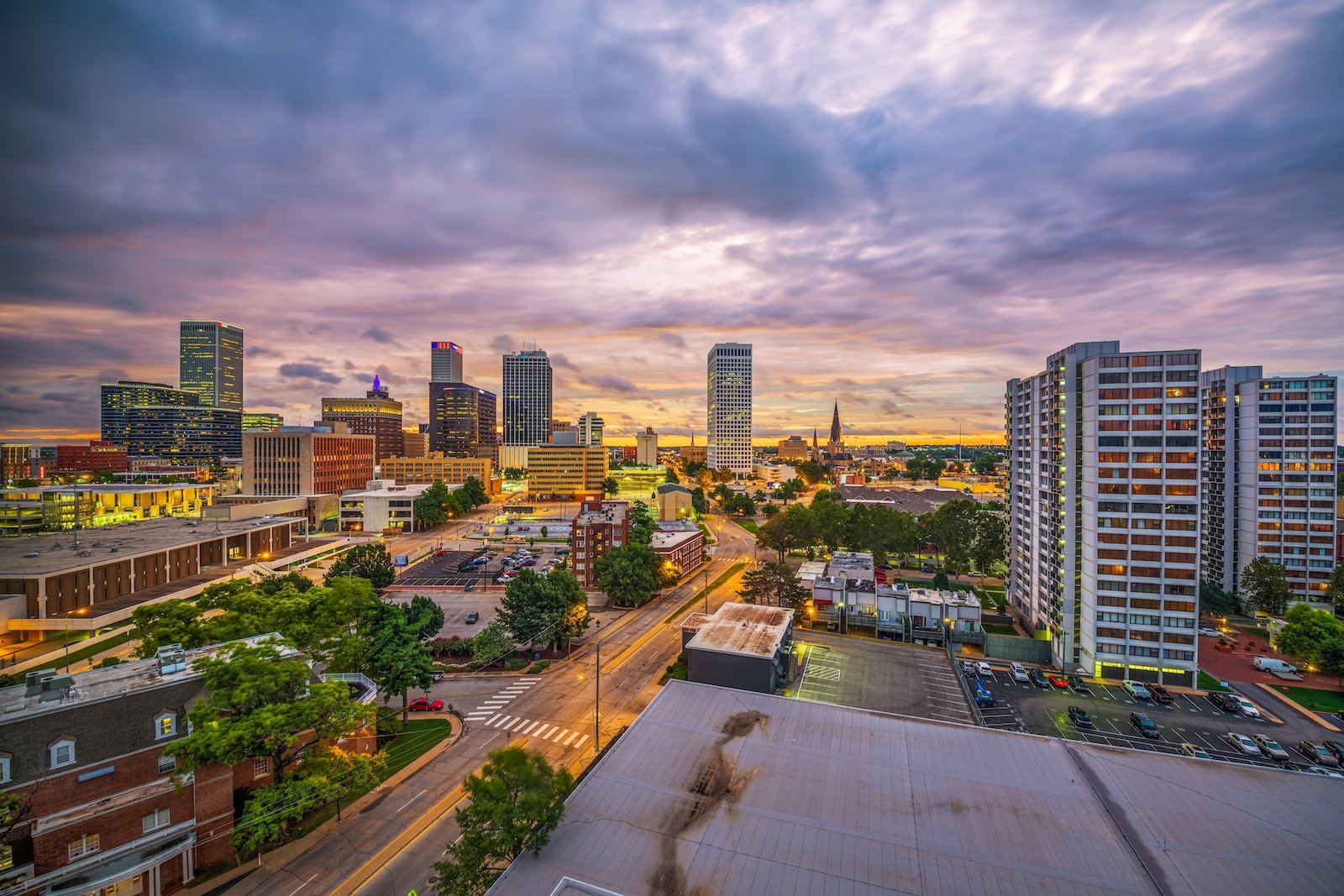
The United States has over 3,800 ghost towns, many of which were mining and oil towns. Texas and California are at the top of the list due to their rich histories of oil booms and gold rushes.
Texas experienced rapid growth after discovering Spindletop in 1901, while California saw towns spring up during the rail expansion in the 1880s. States like Kansas, Oklahoma, and the Dakotas also have abandoned farming communities that the Dust Bowl and economic downturns of the 1930s devastated.
World’s Second Largest Airport
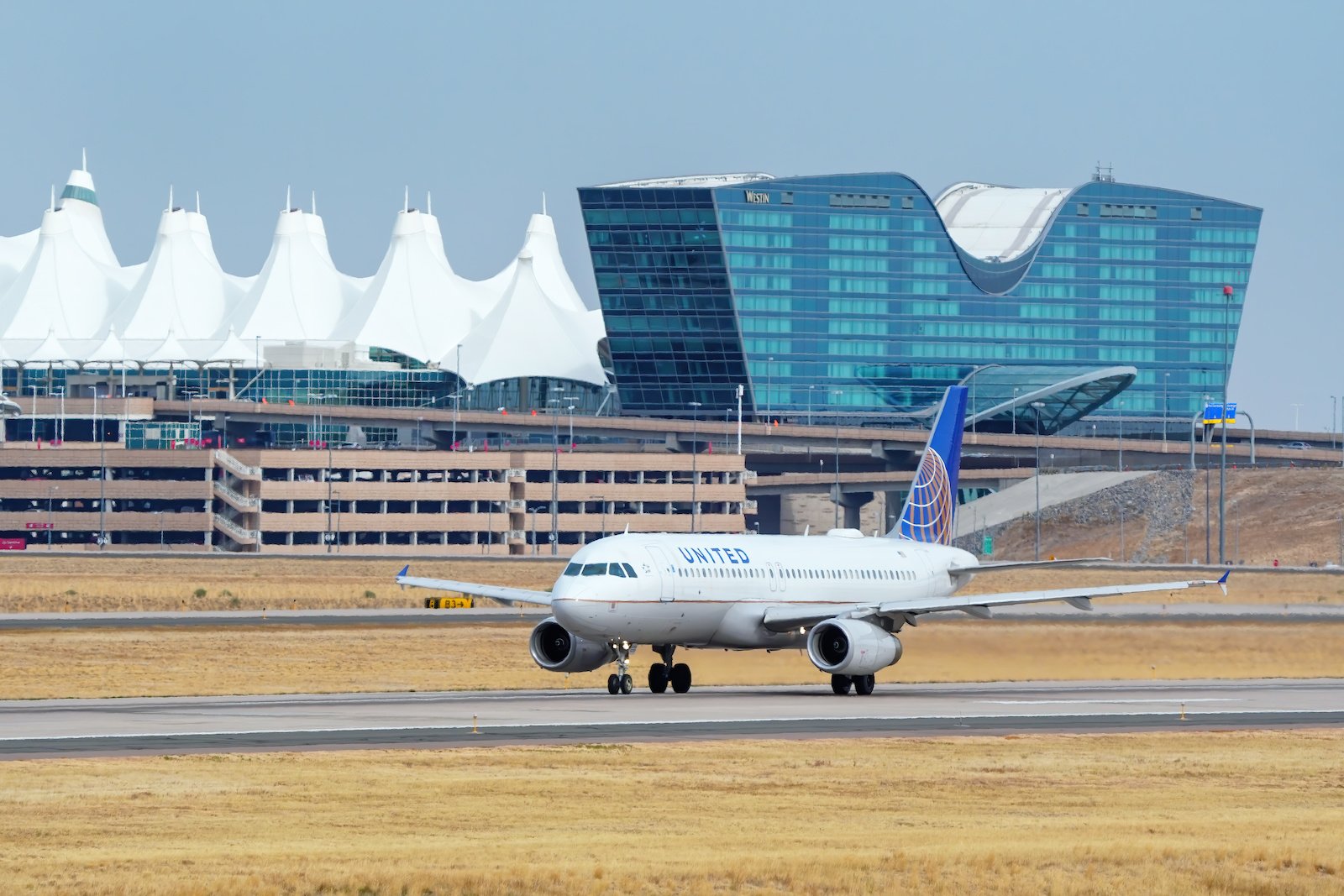
Denver International Airport (DIA) is the largest airport in the United States by area, covering 34,000 acres. It’s also the second largest airport in the world, covering 157,700 acres less than Saudi Arabia’s King Fahd International Airport.
Its distinctive tent roof measures around 240,000 square feet, enough to cover more than four football fields. The airport features about 300 lane miles of roads, surpassing the distance from Denver to the Utah border.
Americans Own Over 40% Guns

The United States has the highest per capita rate of civilian firearm ownership, with 120.48 firearms per 100 people. American civilians own approximately 46% of the world’s civilian-use firearms, which amounts to around 393.3 million out of the global total of 857 million. This extensive gun ownership significantly impacts the nation’s ongoing debate on gun control.
Older Than the Dinosaurs
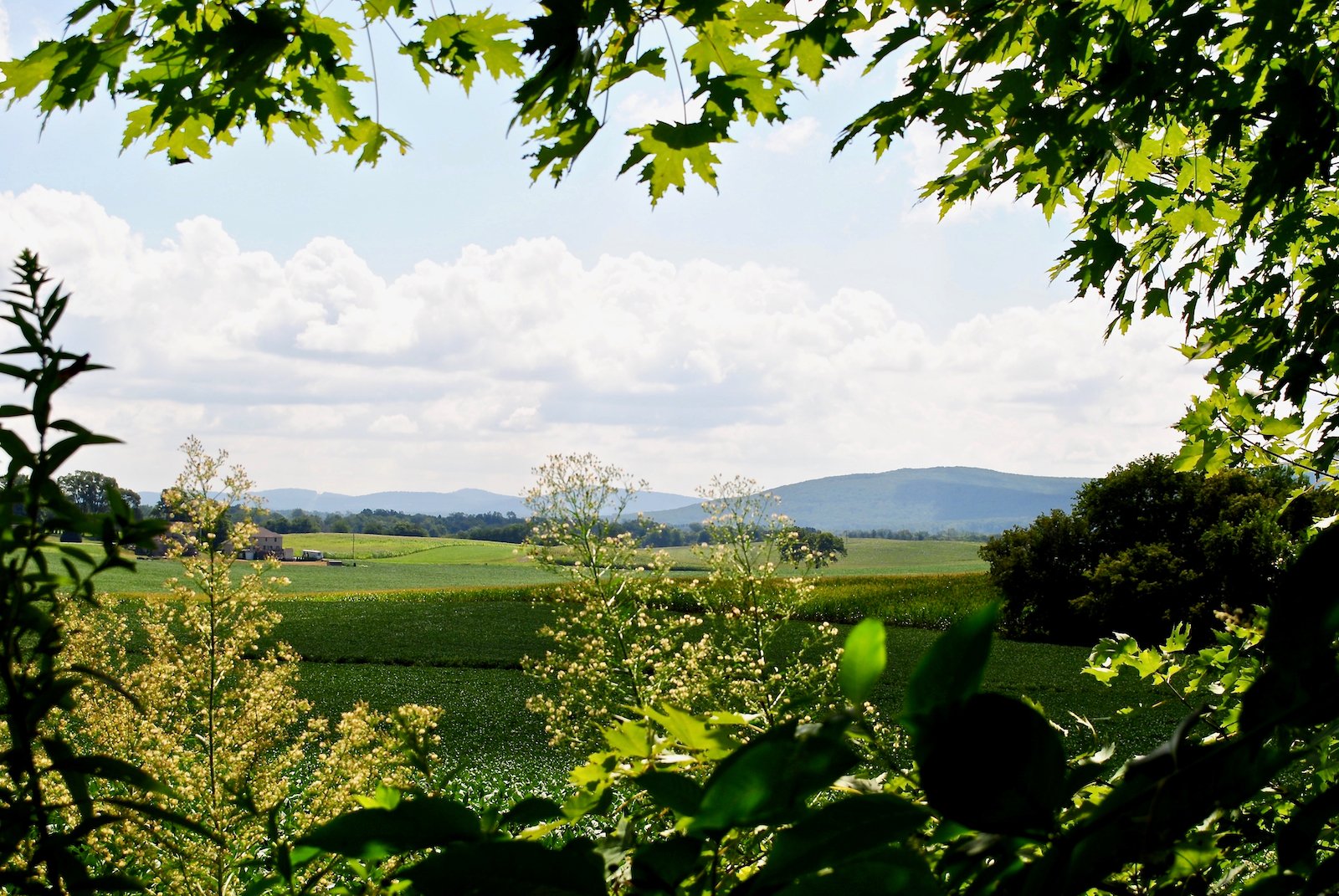
The Appalachian Mountains stretch across the eastern United States and are some of the oldest mountains on Earth. Formed roughly 480 million years ago, they have witnessed the rise and fall of entire ecosystems and civilizations, making them a significant geological and historical feature of the country. This makes them even older than dinosaurs, which existed only 245 to 66 million years ago.
Over 200,000 Fast-Food Restaurants

The U.S. is often dubbed the fast-food capital of the world, and it’s not without reason. Over 200,000 fast-food restaurants are scattered across the country, serving millions of Americans daily. Despite the growing trend toward healthier eating, the fast-food industry remains a staple in American culture, reflecting the fast-paced lifestyle that many Americans lead.
Alaskan Coastlines
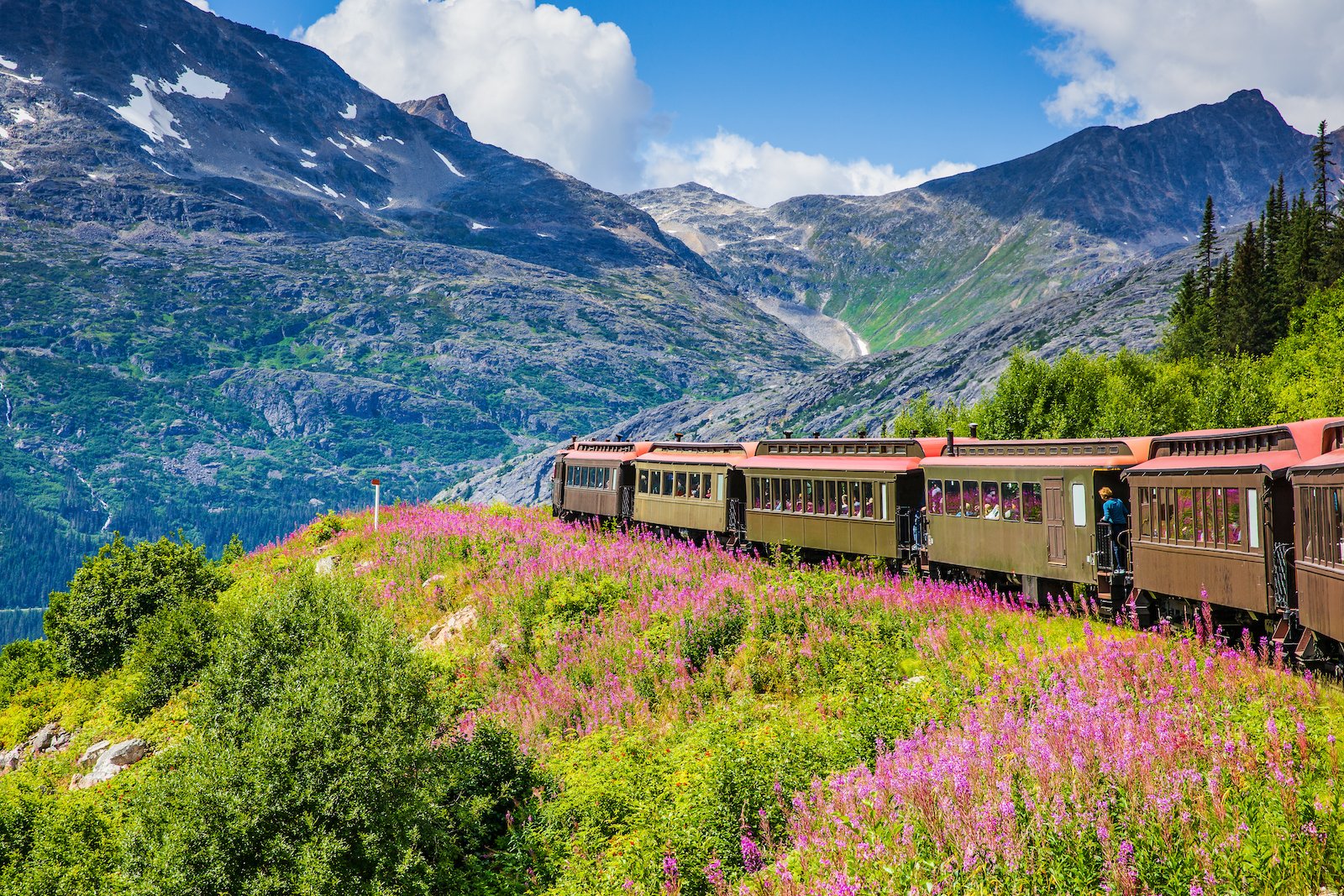
Alaska’s coastline stretches over 34,000 miles and surpasses the combined coastlines of all other U.S. states. This extensive, rugged coastline features dramatic landscapes, including glaciers, fjords, and isolated islands. It highlights America’s northern frontier’s remarkable natural beauty and harsh environmental conditions, offering a striking contrast to the country’s more temperate regions.
A Vast Land with Sparse Population

While many Americans know that the U.S. is large, only some realize it’s the third largest country in the world by land area, following Russia and Canada. With over 3.7 million square miles, the U.S. encompasses diverse landscapes, from deserts and mountains to forests and plains, contributing to its rich biodiversity. Despite this vast expanse, the U.S. has a relatively low population density of around 97.6 people per square mile, making it one of the least densely populated countries in the world.
429 National Park Sites

There are 429 national park sites across the United States, though only 63 hold the specific “National Park” designation. The rest include National Battlefields, National Historic Sites, National Monuments, National Seashores, and National Recreation Areas. Popular parks like the Great Smoky Mountains, which saw 13,297,647 visits in 2023, attract millions annually. Lesser-known parks, such as Capitol Reef and Great Basin, offer unique and often overlooked experiences. With this impressive number of national park sites, the U.S. ranks second only to Australia’s 768 national parks.
Almost Named “Columbia”

The name “Columbia” was a popular contender when America was first formed. It was inspired by Christopher Columbus and used widely in the 18th century to represent the New World. Eventually, the name “United States of America” was chosen. However, the name Columbia still lives on in various forms, like the District of Columbia and numerous cities nationwide.
27 Versions of the National Flag
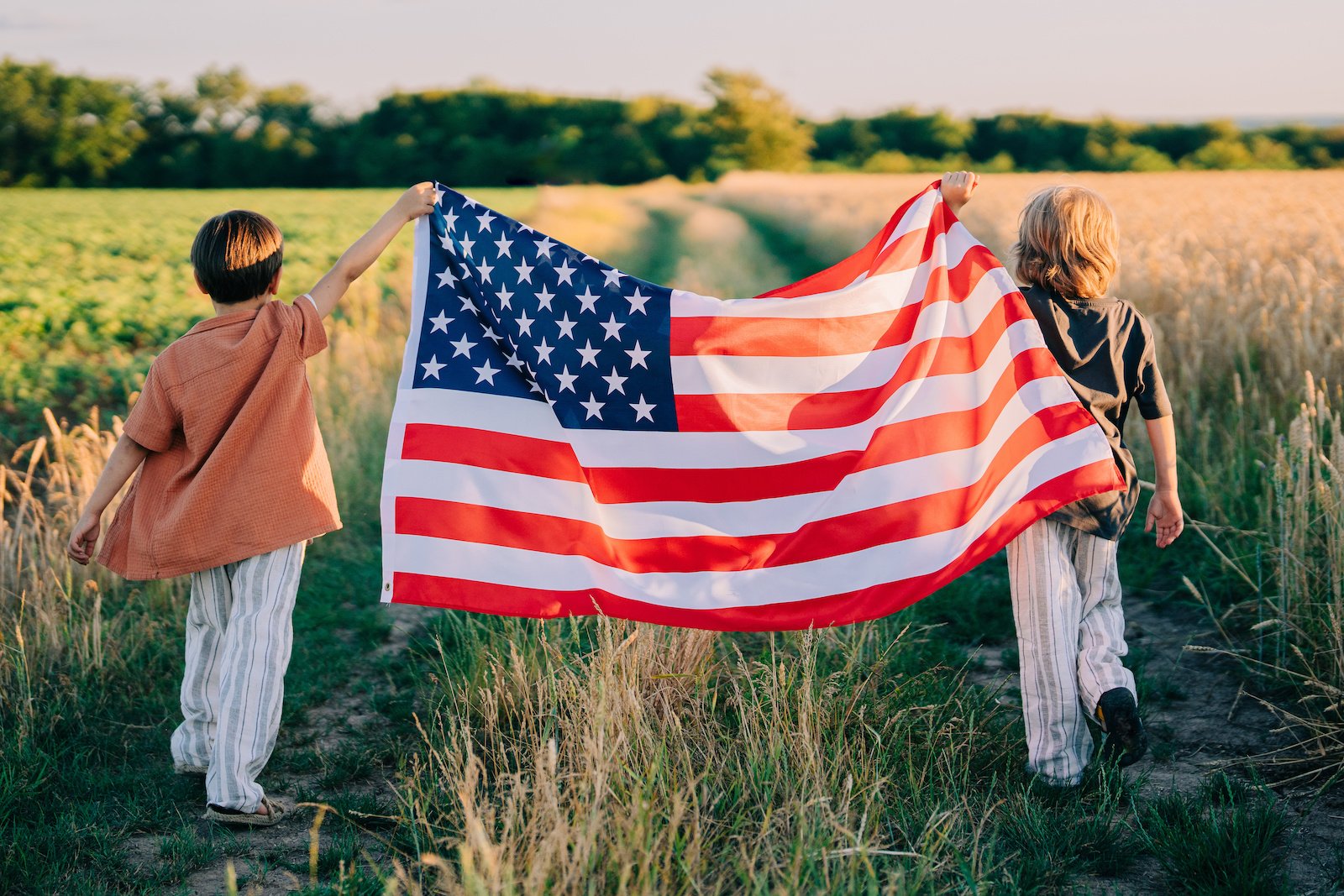
Many Americans might not realize that the flag we know today is actually the 27th version. Since 1777, the flag has changed whenever a new state joined the Union. The most recent change was in 1960 when Hawaii became the 50th state and adopted the 50-star flag. The flag’s evolution reflects the nation’s growth and changes over centuries and its expanding identity.
The “Boring” Town

Believe it or not, there is a town called Boring in Oregon. Despite its peculiar name, Boring isn’t named for a lack of amusement in the city. Instead, it was named after its founder, William Boring, who contributed a portion of his land to build the first school and helped set up the post office there. Interestingly, Boring is a part of the ‘trinity of tedium,’ which includes the towns of Dull in Scotland and Bland in Australia.
Most Diverse Climate Zones

The U.S. stands out for its remarkable natural variety. From the Alaskan Arctic to the Hawaiian rainforests and every climate zone in between, the United States boasts an impressive range of climates. This climatic diversity supports a variety of plant and animal life, provides numerous agricultural opportunities, and creates a broad spectrum of weather patterns.
More Than $7 Trillion in Gold

The United States has the largest gold reserves in the world, with over 8,000 metric tons. Most of this gold is stored in Fort Knox, Kentucky, along with the Federal Reserve Bank of New York. These reserves are critical to the nation’s financial stability and serve as a backup in times of economic crisis.


